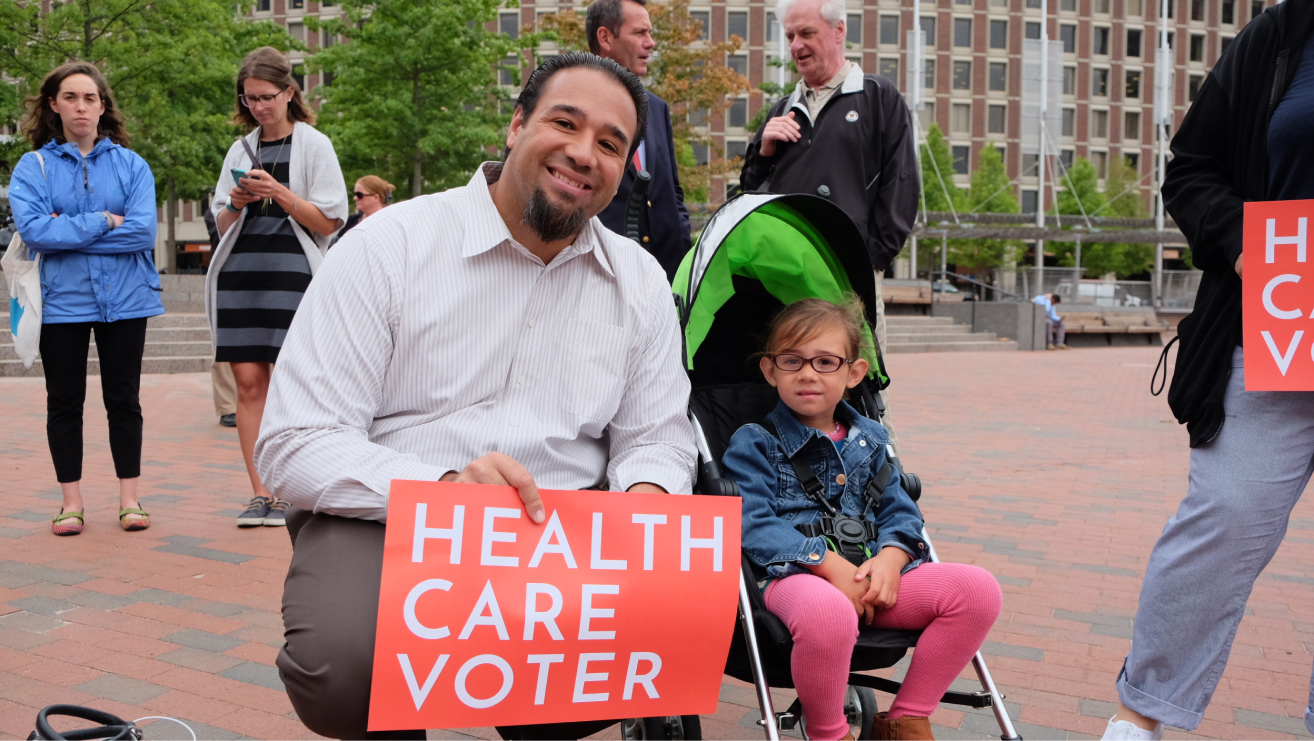Health & Economic Justice

Why health & economic justice go hand-in-hand
You shouldn’t have to choose between paying the rent or getting a prescription filled — yet for many people, this is a reality. When your credit score plummets because of an exorbitant medical bill, it shouldn’t hurt your ability to rent a home or to get a bank loan to buy a house or car — but for many people, it does.
According to a 2020 report from The Commonwealth Fund:
48% of Americans with medical debt used up all their savings to pay off their medical bills
40% received a lower credit rating as a result of their medical debt
1/4 were unable to pay for basic necessities such as food, heat, or rent
“Among those who reported any medical bill or debt problem, 37 percent said they had used up all their savings to pay their bills, 40 percent had received a lower credit rating as a result of their medical debt, 31 percent racked up debt on their credit cards, and one-quarter were unable to pay for basic necessities such as food, heat, or rent. People who were underinsured were particularly affected: nearly half (48 percent) said they had used up all their savings to pay off their bills.”
This reality is compounded by increasingly unaffordable housing costs and by an economic system that unfairly burdens lower-income and middle-class families. The truth is that in the United States, access to affordable health care is not just a health issue — it’s both a health issue and a financial issue.
People are feeling the impact.
- A majority of people say that health care is unaffordable: 75 percent give U.S. health care affordability a D or F rating.
- About half of adults in the U.S. say they have difficulty affording health care costs. For Black and Hispanic adults, it is dramatically higher — at least six in 10 Black adults (60 percent) and Hispanic adults (65 percent) report difficulty affording health care costs compared to about four in ten White adults (39 percent).
- People with insurance also struggle with cost: about one-third of insured adults worry about affording their monthly health insurance premium, and 44 percent worry about affording their deductible before health insurance kicks in.
- High costs keep many from getting the care they need: about four in 10 adults either delay or do not seek the care they need.
- When people do get care, financial strain continues: 41 percent of adults — that’s more than 100 million people struggle to pay off medical bills after they get sick. Black households and Hispanic households are disproportionately impacted by medical debt as a result of discriminatory barriers to economic security.
The solutions we build to make our health system more affordable need to embrace the deep connection between health and economic security.
Important changes are necessary, like eliminating deductibles, lowering caps on how much health insurance can cost, reducing out-of-pocket costs, and securing protections for people against medical debt
From state legislatures to Congress, we are working with partners to advance policy change that will get people, families, and communities the relief so clearly needed. We are also working to build and advance bold, long-term solutions that address the root causes behind the high costs of health care — and the ways those costs intersect with the economic burdens that people face.
Ultimately, health justice can’t exist without economic justice too.

Our Approach
- Secure policy changes at the state, federal, and system level that progressively reduce the cost of care, end unfair and discriminatory billing and collection, eliminate deductibles, and lower caps on out-of-pocket costs
- Launch public awareness and engagement campaigns that connect to people’s experience and the impact the high cost of health care has on their lives
- Build and leverage grassroots organizing efforts to shape solutions and advance change strategies with the people and communities most impacted
- Build coalition power with economic justice partners to work together in strategic, impactful ways across movements and to build and advance bold, long-term policy proposals that address the root causes of health care costs
Related Project
Affordability
Affordability (Opens in new tab)Hospital & Health Systems Accountability
Hospital & Health Systems Accountability